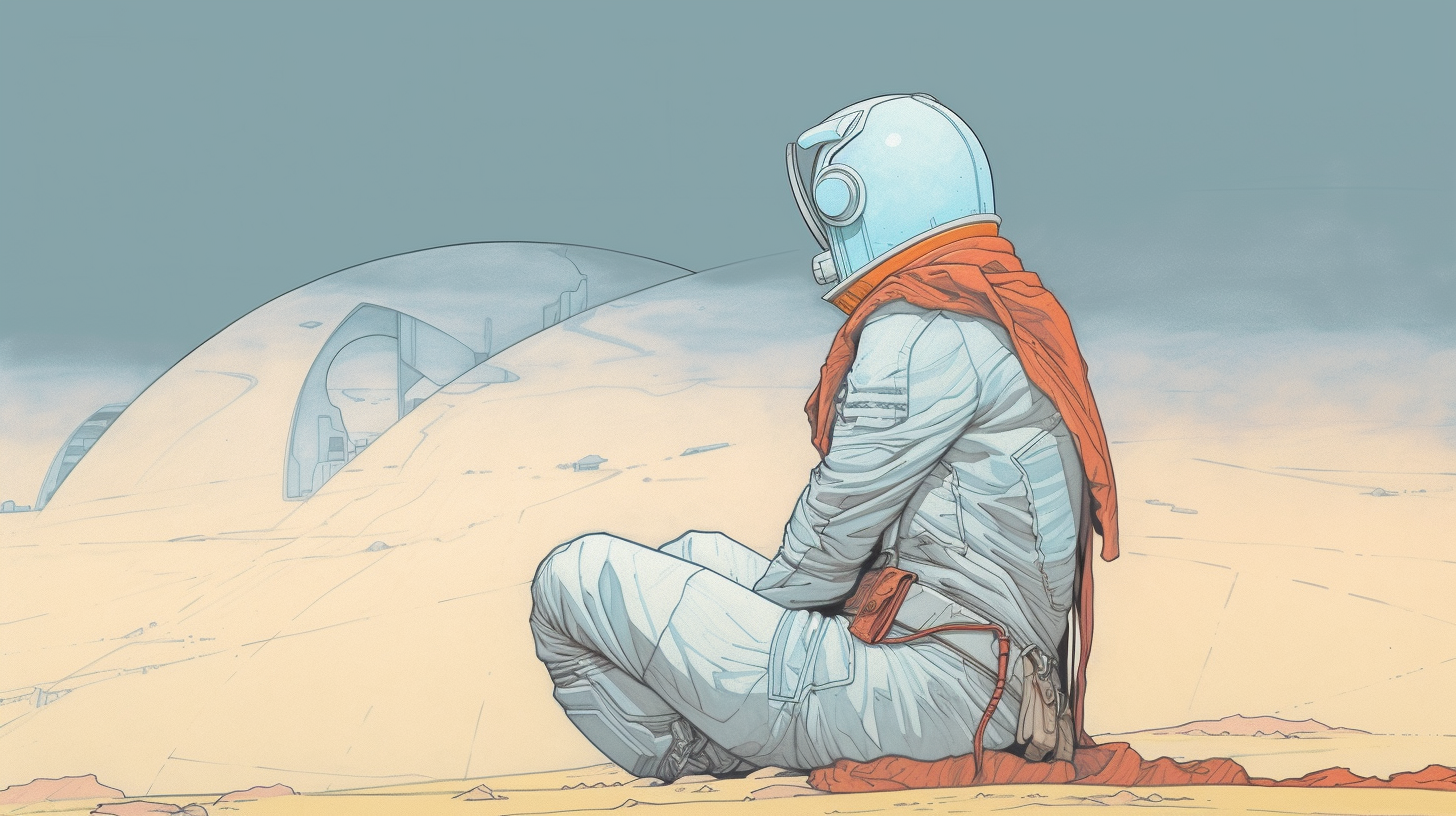Minimalism: A Path to Conscious Living in a Connected World

Minimalism, as a lifestyle and philosophy, beckons individuals to embrace the art of living with less while placing greater emphasis on the aspects of life that truly matter. A mindful approach to consumption and decision-making, minimalism aligns harmoniously with the principles of a connected and decentralized society, encouraging reevaluating priorities in a world mired in materialism.
The Roots of Minimalism
Minimalism draws inspiration from cultural and religious traditions emphasizing detachment from material possessions. Buddhism, for instance, advocates for non-attachment as a path toward enlightenment. In the modern context, minimalism emerges as a response to rampant consumerism, the ceaseless accumulation of things, and the detrimental impact that this has on our lives and the environment.
Minimalism as a Counter-Movement to Consumerism
The consumerist culture, fueled by advertising and the relentless pursuit of material wealth, has led to an insatiable desire for more. Minimalism, in contrast, calls for a radical shift in mindset, urging individuals to reconsider the value of their possessions and to focus on cultivating deeper connections, personal growth, and meaningful experiences. This redirection of energy and resources can foster a sense of fulfillment that transcends the ephemeral satisfaction derived from material gain.
Minimalism and Environmental Sustainability
Embracing minimalism can play a significant role in fostering a more sustainable and ecologically conscious society. The minimalist ethos directly addresses the environmental challenges posed by mass consumption. By consciously reducing one's possessions and consumption, minimalists minimize waste, conserve resources, and lower their ecological footprint. This approach aligns with the principles of sustainable living, promoting practices such as recycling, repurposing, and supporting local, environmentally responsible businesses.
Minimalism and Mental Well-being
Pursuing material possessions often generates stress, anxiety, and feelings of inadequacy. Minimalism offers an alternative that cultivates mental well-being by freeing individuals from the psychological burden of clutter and material excess. Adopting a minimalist lifestyle can foster mindfulness, gratitude, and a focus on what truly matters in life, leading to improved mental health and emotional resilience.
Minimalism and Interconnectedness
Minimalism fosters an awareness of the interconnectedness of all things. As people become more conscious of their consumption habits and impact on the world, they are encouraged to seek out and cultivate relationships with like-minded individuals and communities. This sense of interconnectedness can help create networks of support and collaboration, ultimately paving the way for a more connected and empowered society.
Conclusion
Minimalism offers a profound reorientation of values and priorities, challenging the dominant consumerist culture while promoting a more conscious and sustainable way of life. By embracing minimalism, individuals can cultivate deeper connections, contribute to environmental sustainability, and foster mental well-being, ultimately enriching their lives and the world around them. As the principles of minimalism continue to gain traction, they hold the potential to reshape societal norms and contribute to the emergence of a more compassionate, sustainable, and interconnected global community.
Further Reading and Resources
- The Minimalists – A comprehensive resource on minimalism and its principles, featuring a blog, podcast, and documentary.
- Becoming Minimalist – A blog that provides practical tips and advice for embracing a minimalist lifestyle.
- The Life-Changing Magic of Tidying Up by Marie Kondō – A best-selling book that offers guidance on decluttering and organizing your life through the KonMari Method.
- Goodbye, Things: The New Japanese Minimalism by Fumio Sasaki – A thought-provoking exploration of the author's personal journey towards minimalism and its transformative impact on his life.
- Project 333 – A minimalist fashion challenge that encourages participants to dress with 33 items or less for three months, promoting a more mindful and sustainable approach to fashion and consumption.
- Minimalism: A Documentary About the Important Things – A documentary film that explores the lives of minimalists from all walks of life, delving into the core principles of minimalism and its potential to create a more fulfilling and purpose-driven existence.
- Zen Habits – A blog by Leo Babauta that offers practical advice on mindfulness, simplicity, and minimalism in various aspects of life, from productivity to personal growth.
- Slow Your Home – A blog and podcast exploring the benefits of slow, intentional living and providing tips on simplifying various aspects of life.
- The Art of Simple – A blog that focuses on living a simpler, more intentional life, covering minimalism, slow living, and conscious consumption.
- Sustainable Minimalists Podcast – A podcast that offers eco-friendly solutions and practical advice for those seeking to embrace minimalism and sustainable living.
By engaging with these resources and incorporating the principles of minimalism into daily life, individuals can embark on a journey of self-discovery, personal growth, and a deeper connection to the world around them. As minimalism continues to gain momentum, it offers a powerful means of fostering a more sustainable, equitable, and interconnected society.

